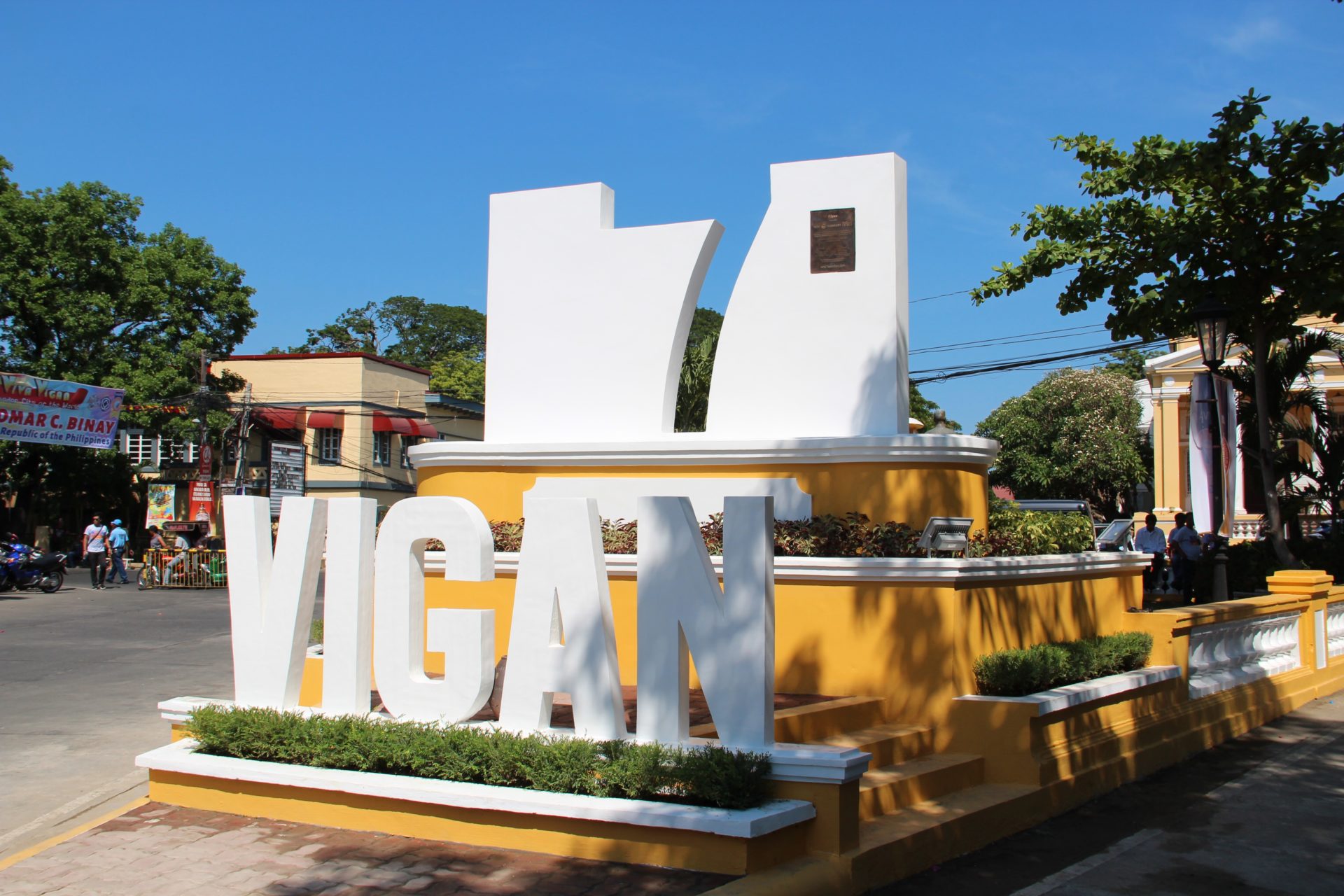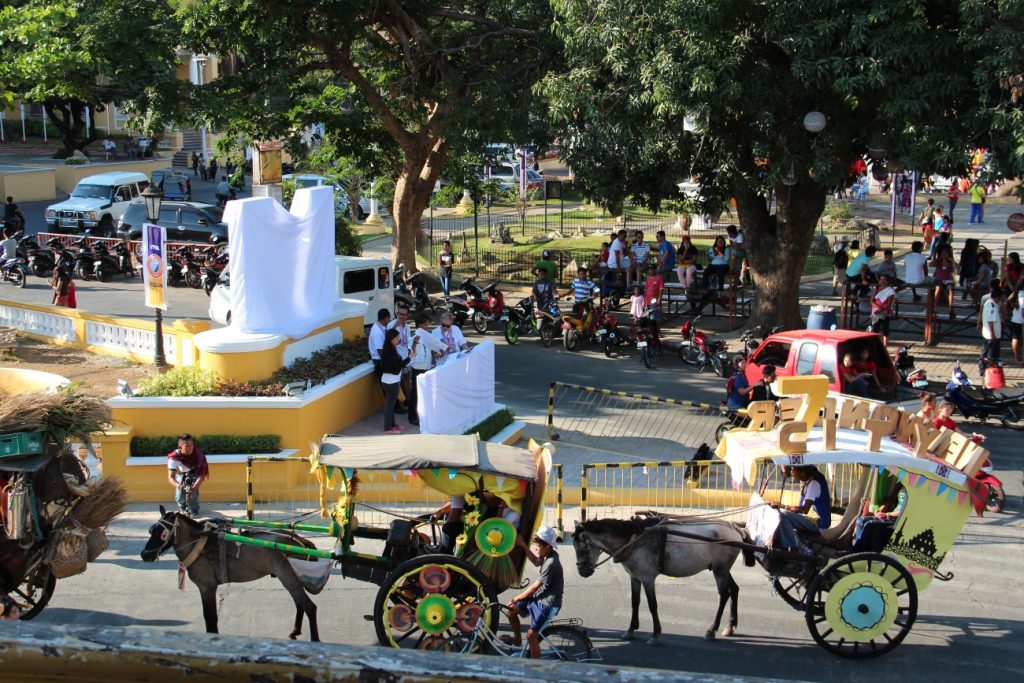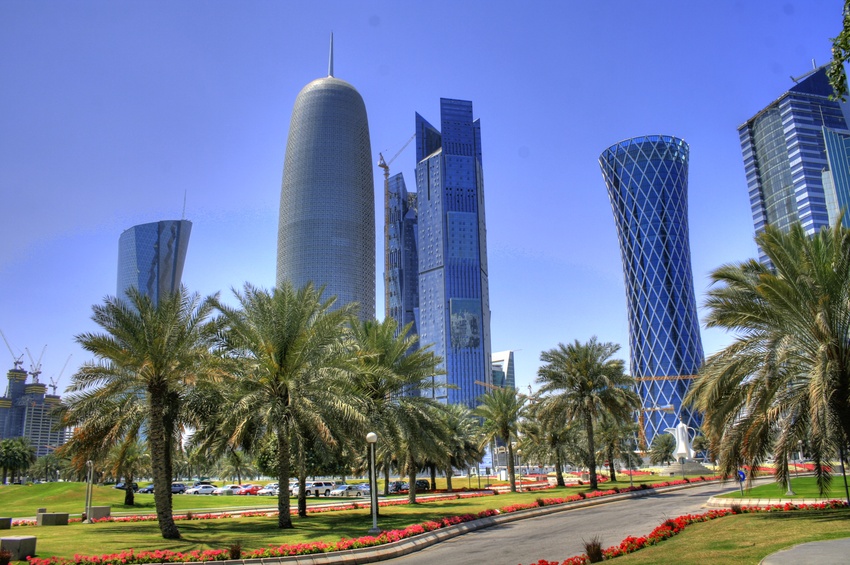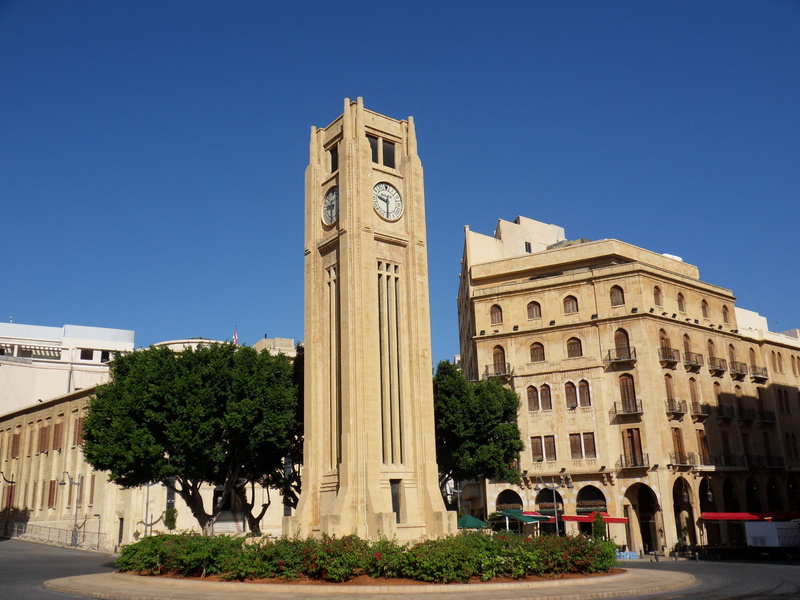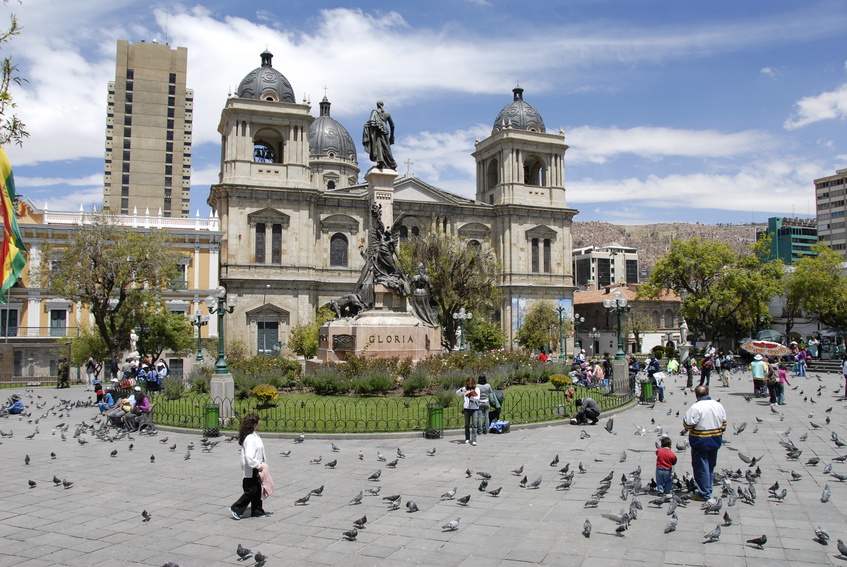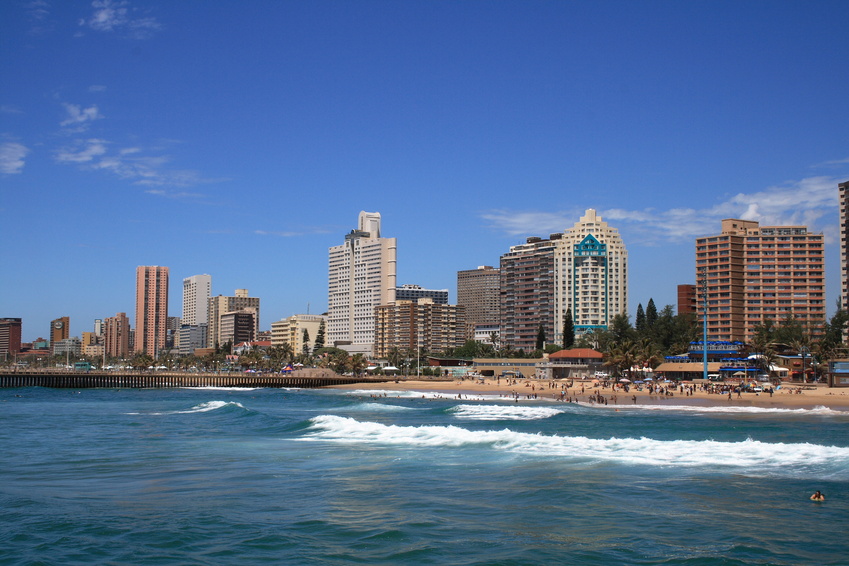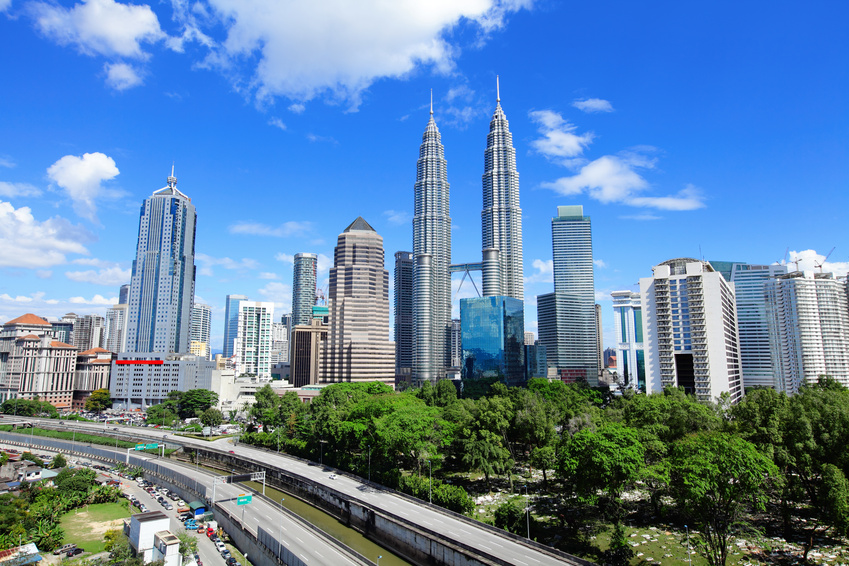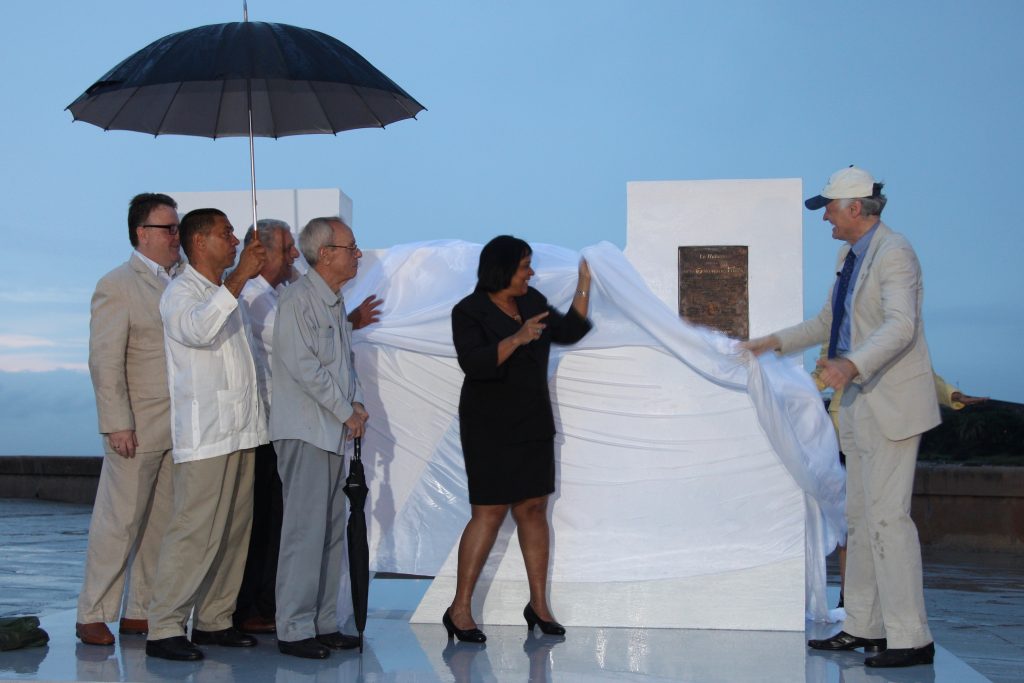2014
New 7 Wonders Cities
Chosen by millions of votes from all over the world
Dubai 07.12.2014
Announcement of the New7Wonders Cities
since 2014
Inauguration Events
While the last voting phase we had amazing events at each Finalist
2013 - 2014
The 28 Finalists
The New 7 Wonders Cities have made it out of 28 Finalists within that last voting phase
2013
Panel of Experts
The panel selected 28 Finalists from the global voted list of 77 potential Wonders

Simon Anholt
Policy Advisor
In his 2010 book, Places: Identity, Images and Reputation, Simon Anholt wrote that “richness and complexity are valuable image attributes for any country, city or region.” In his previous work — Competitive identity: The New Brand Management for Nations, Cities and Regions — he suggested that the term “place brand” is an ideal metaphor for a city’s reputation, and his groundbreaking work on understanding and managing reputation identity has ensured Simon Anholt an international career as an independent policy advisor to national, regional and city governments as they develop and implement strategies for enhanced global economic, political and cultural engagement. simonanholt.com
In his 2010 book, Places: Identity, Images and Reputation, Simon Anholt wrote that “richness and complexity are valuable image attributes for any country, city or region.” In his previous work — Competitive identity: The New Brand Management for Nations, Cities and Regions — he suggested that the term “place brand” is an ideal metaphor for a city’s reputation, and his groundbreaking work on understanding and managing reputation identity has ensured Simon Anholt an international career as an independent policy advisor to national, regional and city governments as they develop and implement strategies for enhanced global economic, political and cultural engagement. simonanholt.com

Zaha Hadid
Architect
The first woman to win the prestigious Pritzker Architecture Prize in 2004, the Iraqi-British architect has designed buildings all over the world, and is considered one of the most gifted professionals working in the field today. Consistently pushing the boundaries of architecture and urban design, Hadid, who once said she does not create “nice buildings”, is famous for sinuous and curving forms such as those of the Aquatics Centre for the 2012 London Olympics. Other notable Hadid projects include the BMW Central Building in Leipzig, the MAXXI – National Museum of the 21st Century Arts in Rome and the Sheikh Zayed Bridge in Abu Dhabi.
The first woman to win the prestigious Pritzker Architecture Prize in 2004, the Iraqi-British architect has designed buildings all over the world, and is considered one of the most gifted professionals working in the field today. Consistently pushing the boundaries of architecture and urban design, Hadid, who once said she does not create “nice buildings”, is famous for sinuous and curving forms such as those of the Aquatics Centre for the 2012 London Olympics. Other notable Hadid projects include the BMW Central Building in Leipzig, the MAXXI – National Museum of the 21st Century Arts in Rome and the Sheikh Zayed Bridge in Abu Dhabi.
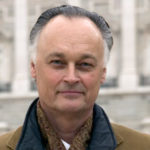
Bernard Weber
Founder & President of New 7 Wonders
By leveraging the networked power of communications technologies and social media, Bernard Weber has created a virtual voting platform that enables millions of people to take part in democratic decision making. The Swiss-born visionary behind the New7Wonders campaigns is dedicated to creating “Global Memory” based on a “canon of 7” chosen by a universal electorate through a process of worldwide dialogue. He grew up with architecture and urbanism, as his mother was one of the closest associates of the architect, artist and city planner, Le Corbusier, during his last 7 years. Le Corbusier also designed her private museum in Zurich, which today serves as the headquarters of New7Wonders.
By leveraging the networked power of communications technologies and social media, Bernard Weber has created a virtual voting platform that enables millions of people to take part in democratic decision making. The Swiss-born visionary behind the New7Wonders campaigns is dedicated to creating “Global Memory” based on a “canon of 7” chosen by a universal electorate through a process of worldwide dialogue. He grew up with architecture and urbanism, as his mother was one of the closest associates of the architect, artist and city planner, Le Corbusier, during his last 7 years. Le Corbusier also designed her private museum in Zurich, which today serves as the headquarters of New7Wonders.
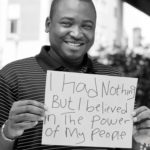
Kennedy Odebe
President and CEO of Shining Hope for Communities
Kennedy Odebe is one of Africa’s outstanding community organizers and social entrepreneurs. He was born and raised in Kibera, an informal settlement on the perimeter of Nairobi and one of the largest slums in Africa, where he experienced firsthand the harsh realities or urban poverty. Kennedy received a scholarship to Wesleyan University and graduated in 2012 with honors in Sociology. As well as being a senior fellow with Humanity in Action, he is an Aspen Institute New Voices Fellow. He divides his time between Nairobi and New York City.
Kennedy Odebe is one of Africa’s outstanding community organizers and social entrepreneurs. He was born and raised in Kibera, an informal settlement on the perimeter of Nairobi and one of the largest slums in Africa, where he experienced firsthand the harsh realities or urban poverty. Kennedy received a scholarship to Wesleyan University and graduated in 2012 with honors in Sociology. As well as being a senior fellow with Humanity in Action, he is an Aspen Institute New Voices Fellow. He divides his time between Nairobi and New York City.
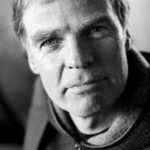
Professor Winy Mass
Director of The Why Factory
As the director of the Why Factory, a research institute for the future city that he founded in Delft in the Netherlands, Winy Maas combines his two principal passions: architecture and urbanism. These two disciplines are central to the work of MVRDV, a Rotterdam-based architecture and urban design practice he started in 1993 with Jacob van Rijs and Nathalie de Vries. Its innovative philosophy has earned MVRDV a respected position across the international architecture scene. Underpinning the thinking of Winy Maas is his work as part-time Professor of Architectural Design at Delft University of Technology.
As the director of the Why Factory, a research institute for the future city that he founded in Delft in the Netherlands, Winy Maas combines his two principal passions: architecture and urbanism. These two disciplines are central to the work of MVRDV, a Rotterdam-based architecture and urban design practice he started in 1993 with Jacob van Rijs and Nathalie de Vries. Its innovative philosophy has earned MVRDV a respected position across the international architecture scene. Underpinning the thinking of Winy Maas is his work as part-time Professor of Architectural Design at Delft University of Technology.

Professor Amitabh Kundu
Scientist
His article for The Economic and Political Weekly, published in Mumbai, and enjoying a global reputation for independent scholarship and critical thinking, have titles such as “Making Indian Cities Slum-Free” and “Politics and Economics of Urban Growth”. Along with being the Professor of Economics at the Centre for the Study of Regional Development and Dean of the School of Social Sciences at Jawaharlal Nehru University, New Delhi, Dr. Amitabh Kundu is a Visiting Professor at the University of Amsterdam, the Maison des Sciences de L’homme in Paris and the South Asian Institute in Heidelberg, Germany.
His article for The Economic and Political Weekly, published in Mumbai, and enjoying a global reputation for independent scholarship and critical thinking, have titles such as “Making Indian Cities Slum-Free” and “Politics and Economics of Urban Growth”. Along with being the Professor of Economics at the Centre for the Study of Regional Development and Dean of the School of Social Sciences at Jawaharlal Nehru University, New Delhi, Dr. Amitabh Kundu is a Visiting Professor at the University of Amsterdam, the Maison des Sciences de L’homme in Paris and the South Asian Institute in Heidelberg, Germany.
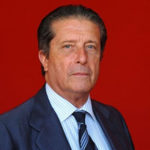
Prof. Dr. Federico Mayor Zaragoza
Former Director-General of UNESCO
The former Director-General of UNESCO, Spain’s Prof. Dr. Federico Mayor Zaragoza, has been appointed president of the panel. During the twelve years he spent as head of UNESCO (1987-1999), Prof. Mayor gave new momentum to the Organization’s mission, “to build the bastions of peace in the minds of men,” embodied in the Culture of Peace Program. In December of 2002, Prof. Mayor was named Chairman of the European Research Council Expert Group for the knowledge-based economy, in which Europe should have leadership in 2010. In October 2005, Prof. Mayor was appointed by UN Secretary-General Kofi Annan to be co-chair of the High-Level Group for the “Alliance of Civilizations.” In addition to his numerous scientific publications, Professor Federico Mayor has published four books of poetry, including “El fuego y la esperanza and Terral”, and several books of essays, such as “The World Ahead: Our Future in the Making”, “Mañana siempre es tarde”, “La paix demain?” and “UNESCO: un idéal en action”. www.fund-culturadepaz.org
The former Director-General of UNESCO, Spain’s Prof. Dr. Federico Mayor Zaragoza, has been appointed president of the panel. During the twelve years he spent as head of UNESCO (1987-1999), Prof. Mayor gave new momentum to the Organization’s mission, “to build the bastions of peace in the minds of men,” embodied in the Culture of Peace Program. In December of 2002, Prof. Mayor was named Chairman of the European Research Council Expert Group for the knowledge-based economy, in which Europe should have leadership in 2010. In October 2005, Prof. Mayor was appointed by UN Secretary-General Kofi Annan to be co-chair of the High-Level Group for the “Alliance of Civilizations.” In addition to his numerous scientific publications, Professor Federico Mayor has published four books of poetry, including “El fuego y la esperanza and Terral”, and several books of essays, such as “The World Ahead: Our Future in the Making”, “Mañana siempre es tarde”, “La paix demain?” and “UNESCO: un idéal en action”. www.fund-culturadepaz.org
Voting Procedure
Global Vote for Nominees
Phase 1
1200+
Nominees
220+
Countries
The global vote for New7Wonders Cities started 2012 with more than 1200+ nominees from 220+ different countries.
Phase 2
1200+
Nominees
300+
Cities
More than 300 cities qualify for this phase up to 7 October, 2013 (one per country plus the top 77 voted).
Phase 3
77
Top Voted
28
Finalists
From the top 77 voted during the qualification phase the New7Wonders Cities Panel of Experts advises on the selection of the 28 Official Finalist Candidates.
Phase 4
77
Top Voted
28
Finalists
Voting for the New7Wonders Cities Finalists continued across three phases: 28-21 phase (21 Oct 2013 - 7 July 2014), 21-14 phase (7 July 2014 - 7 Oct 2014) & 14-7 phase (7 Oct 2014 - 7 Dec 2014)
Phase 5
28
Finalists
7
Wonder Cities
The Official New7Wonders Cities, chosen by hundreds of millions of votes from around the world, were announced on 7 December, 2014
Voting Procedure
Global Vote for Nominees
Phase 1
1200+
Nominees
220+
Countries
The global vote for New7Wonders Cities started 2012 with more than 1200+ nominees from 220+ different countries.
Phase 2
1200+
Nominees
300+
Cities
More than 300 cities qualify for this phase up to 7 October, 2013 (one per country plus the top 77 voted).
Phase 3
77
Top Voted
28
Finalists
From the top 77 voted during the qualification phase the New7Wonders Cities Panel of Experts advises on the selection of the 28 Official Finalist Candidates.
Phase 4
77
Top Voted
28
Finalists
Voting for the New7Wonders Cities Finalists continued across three phases: 28-21 phase (21 Oct 2013 - 7 July 2014), 21-14 phase (7 July 2014 - 7 Oct 2014) & 14-7 phase (7 Oct 2014 - 7 Dec 2014)
Phase 5
28
Finalists
7
Wonder Cities
The Official New7Wonders Cities, chosen by hundreds of millions of votes from around the world, were announced on 7 December, 2014
